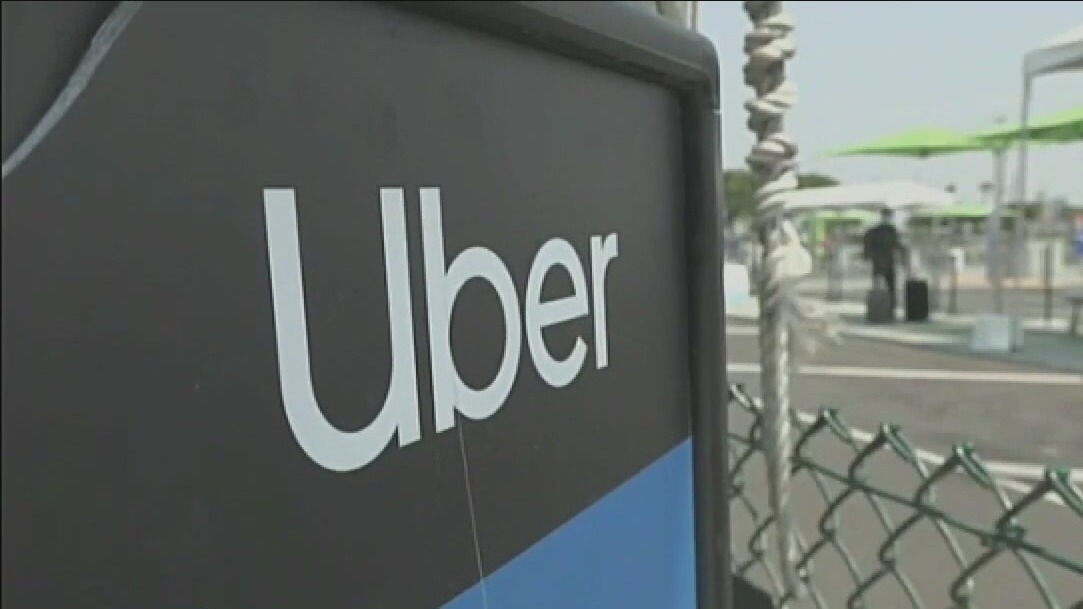Uber/Lyft rideshare wages bill: Disability community concerns among reasons for Walz veto

Gov. Walz vetoes rideshare minimum wage bill
Governor Tim Walz issued his first-ever veto to squash a bill that would've set minimum wages for Uber and Lyft drivers. His decision was partly because the bill could've had an unintended impact on people with disabilities.
DAKOTA COUNTY, Minn. (FOX 9) - Governor Tim Walz issued his first-ever veto Thursday to quash a bill that would've set minimum wages for Uber and Lyft drivers.
Rideshare drivers have rallied at the Capitol to support the bill passed in the House and Senate last week. But it could’ve had an unintended impact on people with disabilities.
"If I didn’t have Lyft, I wouldn’t be able to get around to go to work," said Kimberly Benson, who lives in Apple Valley and has mobility limitations. A government-funded rideshare program has been life-changing for her.
Since 2019, Dakota County has contracted with Lyft to make sure its community of people with disabilities could get flexible rides to work or to run errands. Transportation coordinator Robyn Bernardy says the program has grown to 1400 riders every month, including Benson and Andrew Smith, who mainly use it to get to work in Eagan.
"I can call Lyft and go there," said Smith.
As of last July, the average Dakota County rider took 22 trips per month for $17.50 per ride. The county gives them each a predetermined amount every month, and riders have to budget their trips. Washington County has started a similar program.
The bill passed last week sets a minimum wage for rideshare drivers at $1.45 per mile and $0.34 per minute in the Twin Cities metro area and $1.25 per mile outside the metro.
"We’re not really sure what it means," said Dakota County transportation coordinator Bernardy. "Lyft tells us the price will increase, double, triple perhaps."
That would max out the rideshare budgets for mobility-limited riders and put them in a tough spot where they maybe couldn’t keep their jobs.
"I suppose if I wanted to, I could go to Walmart around here in Apple Valley, and then I could walk," Benson said.
Dakota County leaders were happy with the veto.
The new committee is designed to come up with a bill to pass in the 2024 legislative session and get the governor’s signature.

